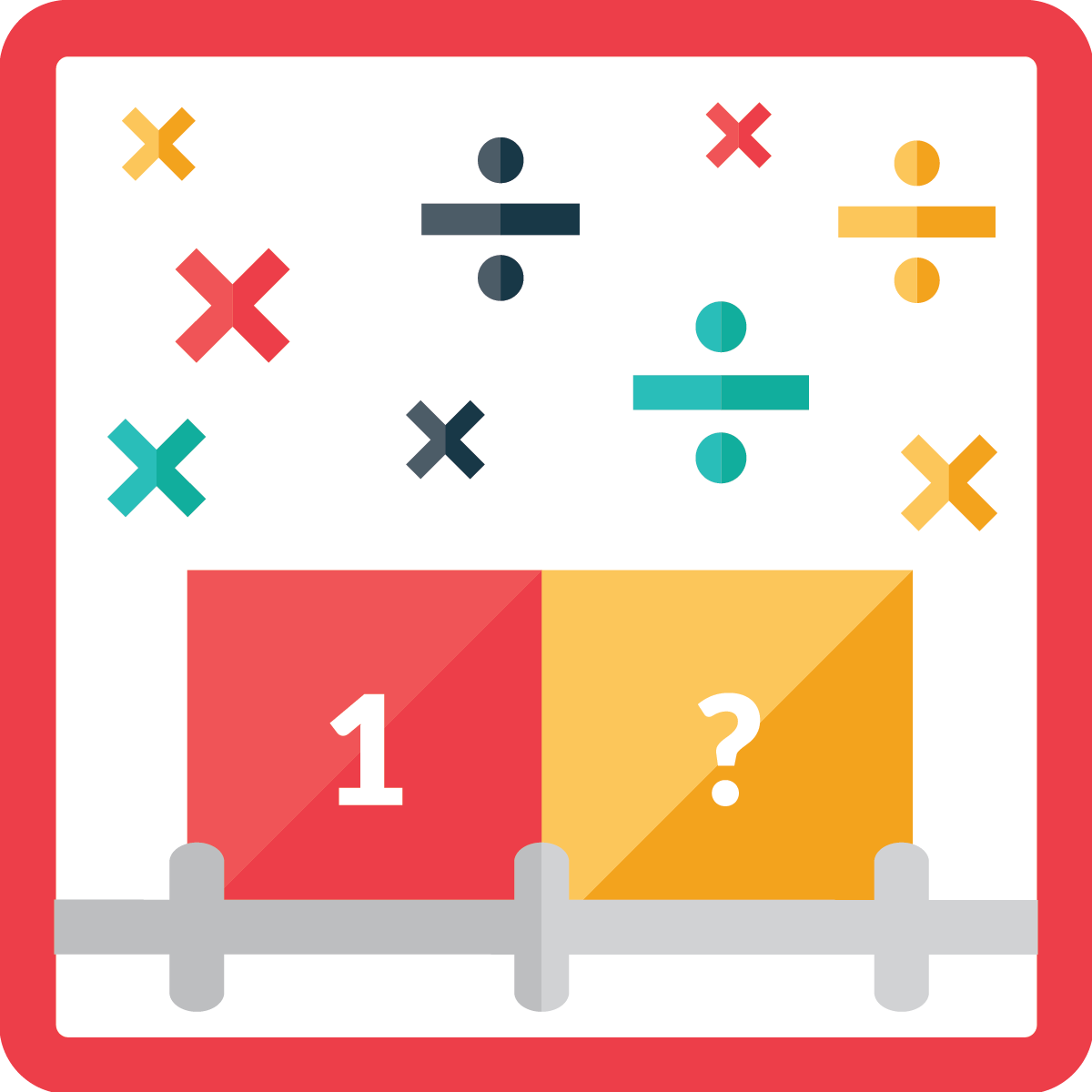Kent State U Project Catalogs, Creates Apps for Special Education
A project from Kent State University that studies the use of mobile technologies in K–12 special education has launched a new math-learning app, as well as an online catalog of related apps.
The Number Line Touch: Multiplication app is a puzzle-based game that tests and teaches multiplicative reasoning to students in grades 2–5. Students are instructed to place rods with assigned values onto a number line and must find missing numbers for each of the puzzles – reinforcing key multiplication and division concepts.

The Number Line Touch: Multiplication app (seen above) is one of 505 apps for special needs students available on the SpedApps site. Source: SpedApps.
“We know from research with elementary and middle school students that multiplicative reasoning is the gateway to understanding fractions and, later, algebra,” said Karl Kosko, assistant professor of mathematics education at Kent State and lead developer of the app, in a prepared statement. “This app bridges the gap between counting and multiplying, targeting skills that struggling children tend to rely on most.”
The app is part of SpedApps, a project that was created to better understand of the role of mobile applications in special education. The project was created by the Research Center for Education Technology at Kent State and partially funded by AT&T.
According to the project website, SpedApps aims to accomplish the following:
- Create a catalog of existing apps, as well as any studies related to the use of mobile learning in special education;
- Conduct additional research studies using the apps; and
- Develop new apps for use in special education, with an emphasis on STEAM (science, technology, engineering, arts and math) content.
SpedApps has a free online catalog where educators can search through more than 500 apps for special education. The catalog lists the intended audience for each app, such as students with language impediments or autism, and includes apps that teach a variety of subjects, including geography and English.
To learn more about the app and additional resources from the project, visit the SpedApps site.
About the Author
Sri Ravipati is Web producer for THE Journal and Campus Technology. She can be reached at [email protected].